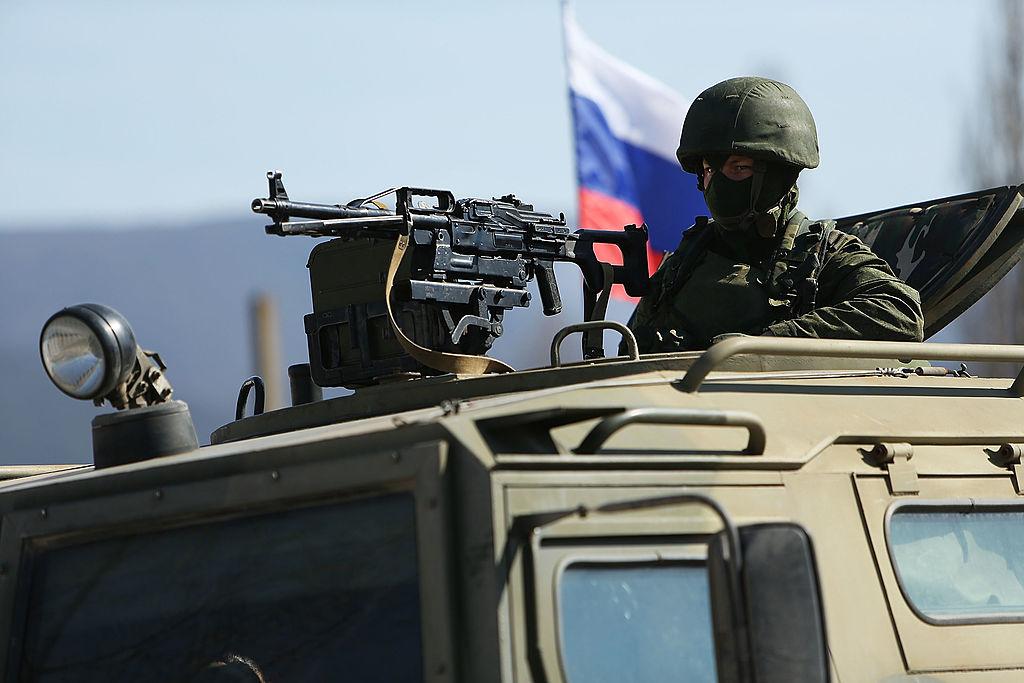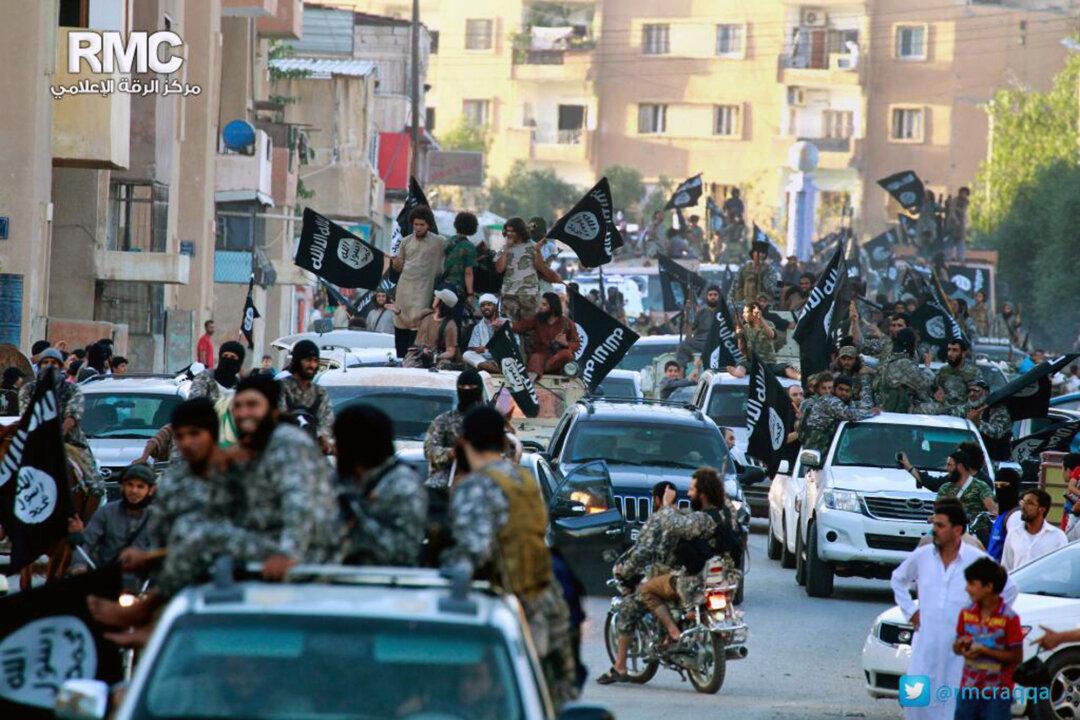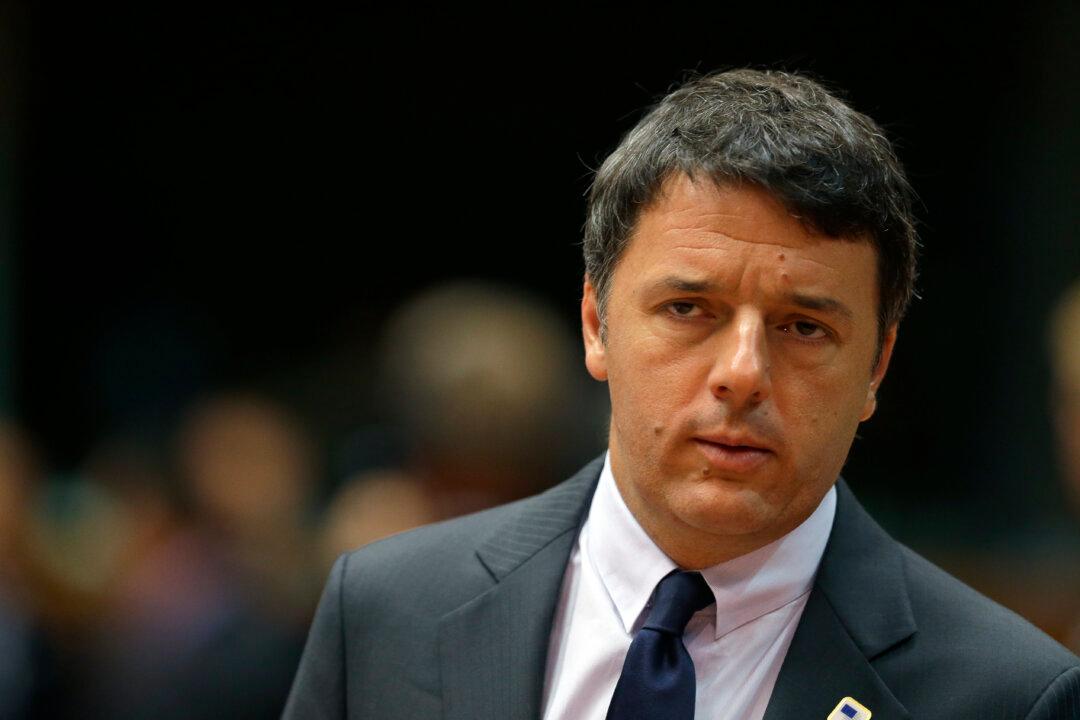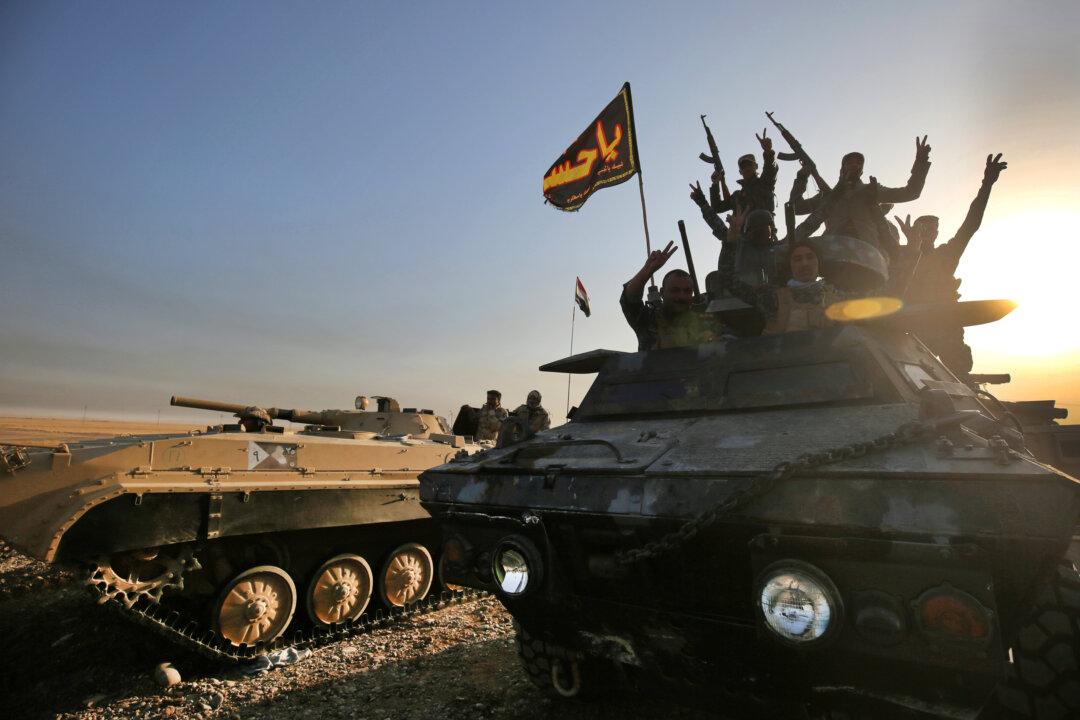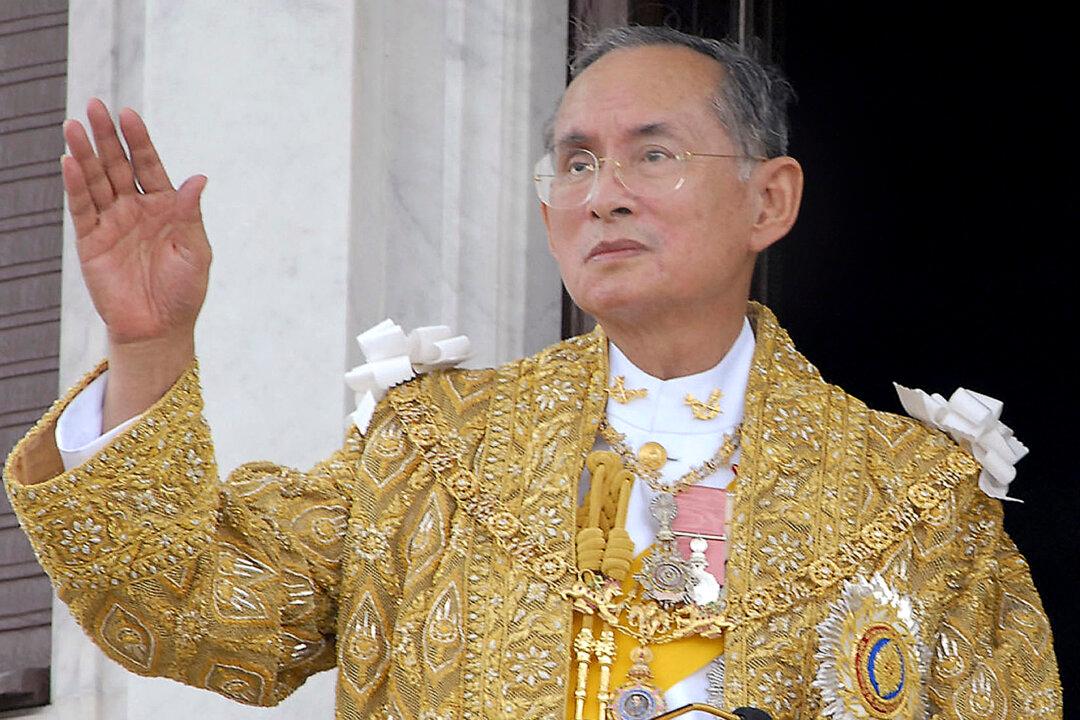Ukrainian President Petro Poroshenko raised fears in a speech in Kiev on Sept. 6 that Russia could invade Ukraine, and Europe may do little to help.
While addressing parliament, Poroshenko stated that a Russian invasion could not be ruled out and that the EU may be too divided to oppose further Russian aggression.
Some experts, however, believe Poroshenko is overstating the threat in an attempt to rally support.
Russia would already have invaded if it planned to, said Stratfor Senior Eurasia Analyst Eugene Chausovsky.
“It serves his own political purposes to highlight the Russian threat because it is a unifying factor for a politically and culturally divided country,” Chausovsky added.
Russia has no appetite for a larger confrontation with Ukraine, he said.
“The political cost and sheer amount of military and financial resources for Russia to take on such an operation in hostile territory makes it highly unlikely,” said Chausovsky.
Background to Conflict
Ukraine has had an identity crisis over whether to lean toward Russia or Europe ever since it declared independence from the Soviet Union in 1991.
Russia wields significant influence in Ukraine, especially with the 17.3 percent Russian minority there and common usage of the Russian language. Many watch Russian television and read Russian news.
Tensions rose when then-President Viktor Yanukovich canceled plans to sign a trade association agreement with the EU in 2013.
Mass demonstrations staged by those outraged at the pivot away from EU membership erupted in Kiev in late 2013.
After three months of protests and violent crackdowns by police, Yanukovich was ousted in February 2014.
The EU–Russia divide continued, however.
Armed clashes broke out between pro-Russian separatists—who had Russian backing—and government forces in the east.
The Crimean Peninsula, home to the 59 percent Russian majority, then held a referendum in March 2014, with 97 percent supporting separating from Ukraine and being annexed by Russia.
The vote was considered illegal by the EU and the United States, but Russia sent troops to enforce the annexation. Russian President Vladimir Putin justified Russia’s involvement under the pretext of protecting Russians abroad.
Skirmishes and crossfire continue, though the intense fighting in the Luhansk and Donetsk regions in eastern Ukraine has died down.
Poroshenko and EU
By mid-August 2014, over 2,000 people had been killed and over 5,000 wounded amidst fighting in eastern Ukraine, according to a U.N report.
That toll propelled Petro Poroshenko to win the presidency in May 2014, on a pledge to seek peace.
Now, Western-leaning Ukrainians are worried that the EU—a critical ally—may be preparing to cancel sanctions on Russia.
The EU unanimously extended those sanctions after Russia occupied Crimea, but with Europe now distracted by a refugee crisis and a string of terrorist attacks, sanctions may not be extended past January.
Those sanctions are a major source of pressure on Russia in the Ukrainian conflict, said Chausovsky.
Although Ukraine does receive support from the West, many there feel NATO should make a greater commitment, he said.
“Ukraine has the political backing of the West, but it is not a NATO member state and doesn’t get the direct military support it would like.”
The U.K.’s Brexit vote to withdraw from the EU has also troubled Ukrainians who wish to see a united Europe confront Russia.
